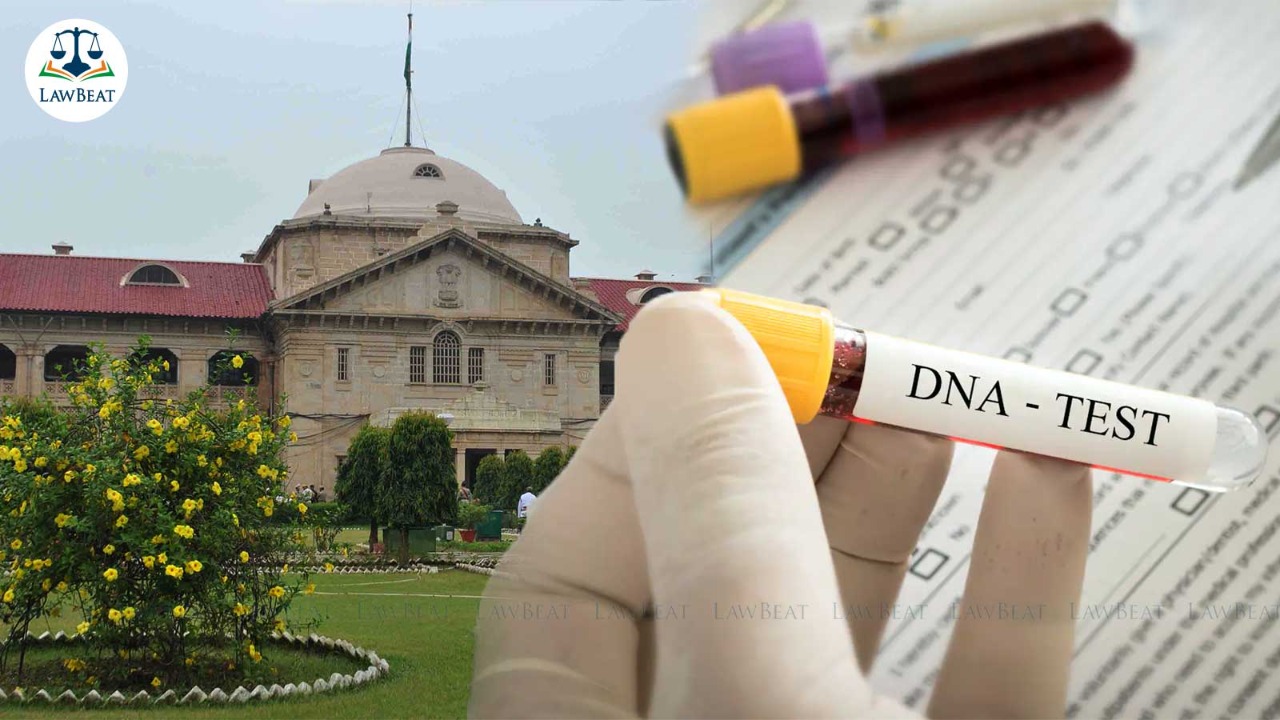Allahabad High Court allows DNA testing of deceased's family to determine truthfulness of murder case

The accused questioned the truthfulness of the prosecution case alleging that the deceased had not died at the place of the incident in 2012 as alleged and since her blood sample could not be procured, DNA testing of one of her family members was necessary.
This Court is mindful of the fact that DNA test is not to be directed as a matter of routine and in only deserving cases where strong prima facie case is made out, said Allahabad High Court while allowing DNA test in a murder trial.
Court has allowed DNA testing of the family member of a woman who died in 2012 on the application moved by the accused. Challenging the credibility of the prosecution case, it was accused's contention that the investigating officer made wrong Naksha Nazari of the place of incident and the sample of blood-soaked soil was never sent with the blood-stained clothes of the deceased woman for a DNA test.
He argued that since the deceased had died somewhere else and false Naksha Nazari was prepared, thus it was absolutely necessary in the interest of justice to ascertain whether the blood sample collected from the place of the incident was a match with the DNA of the deceased woman.
The bench of Justice Gautam Chowdhary observed that in the instant case, the DNA testing had not been asked for establishing the relationship between the accused and informant (son of the deceased woman) rather it had been requested to prove the innocence of the accused, therefore, there was no impinge on the personal liberty and right to privacy of the informant.
"Since the life of the applicant is stake as he is accused of offence under Section 302 IPC, it is must to ascertain and test the truthfulness of the prosecution case," Court said.
Therefore, considering the facts and circumstances in entirety, Court opined that to arrive at just decision of the case and to avoid any suspicion or doubt in the prosecution case, it was in the interest of justice that a DNA test was allowed.
The trial court had rejected accused's application for DNA testing. Regarding that, the high court bench said,
"The rejection of the application for DNA test and granted an opportunity to adduce documentary or oral evidence in respect of his innocence by the court below is nothing but an old aged practice inspite of availability of scientific methods available before it and therefore scientific method must be used to unearth the truth because justice is best served by truth." (sic)
Accordingly, Court set aside the order of the Trial Court and ordered that the blood sample of informant or any of his family members be taken for conducting the DNA test with the blood stained earth (mud) collected from the alleged place of occurrence to unearth the truthfulness of the prosecution case.
Case Title: Mohan Singh v. State of U.P. and Another
